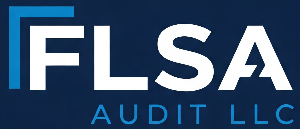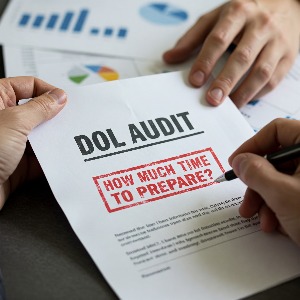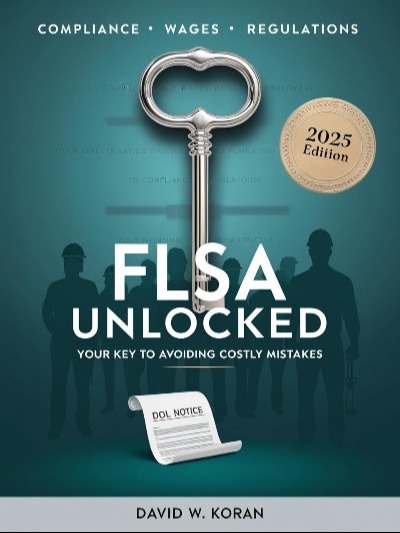Q: How much notice (time) does the Department of Labor (DOL) give you to prepare for an audit?
A:
The DOL does not have a fixed or legally mandated notice period for all audits. The notice you receive (or lack thereof) depends on the nature of the audit:
- Scheduled Audits:
- For planned or routine audits, the DOL (Department of Labor) typically provides some advance notice, often ranging from a few days to a couple of weeks. This notice is usually communicated via a letter or phone call from the WHD, outlining the purpose, scope, and requested documentation (e.g., payroll records for the past two to three years). The exact timeframe can depend on the complexity of the business and the DOL’s schedule, but 7 to 14 days is a common range based on historical patterns and employer reports.
- These audits are often initiated as part of industry-wide compliance reviews or follow-up investigations.
- Unannounced Audits:
- In cases of suspected violations (e.g., triggered by an employee complaint or whistleblower report), the DOL may conduct an unannounced audit with no prior notice. A WHD (Wage Hour Division) investigator might arrive at your workplace without warning, requesting immediate access to records and interviews with employees. This is more common when there’s evidence of willful non-compliance or urgent issues like child labor violations.
- Approximately 30-40% of audits are unannounced, according to WHD data trends, though exact figures can fluctuate yearly.
- Hot Goods or Immediate Action Audits:
- In rare instances involving goods produced in violation of labor laws (e.g., unpaid overtime), the DOL may act with zero notice, seizing goods or halting operations until compliance is verified. These are exceptional cases and not the norm.
Factors Influencing Notice
- Audit Trigger: Complaints or referrals often lead to unannounced visits, while random or scheduled reviews may allow notice.
- Business Size and Industry: Larger employers or high-risk industries (e.g., construction, hospitality) might face unannounced audits more frequently.
- DOL Discretion: The WHD has flexibility under its enforcement authority to determine notice, guided by 29 CFR Part 516 and other regulations.
Practical Implications
Since notice is not guaranteed, businesses should maintain continuous compliance readiness. The FLSA requires employers to keep accurate records (e.g., hours worked, wages paid) for at least three years, making it critical to have these organized at all times. FLSA Audit LLC, based in New York, emphasizes this in their services, offering regular internal audits to ensure your records are audit-ready, whether the DOL calls in advance or arrives unannounced. Their team, reachable at
What to Do if Notified
If you receive notice (typically 7-14 days), use the time to:
- Gather payroll records, timecards, and employee classifications.
- Review FLSA compliance with experts like FLSA Audit LLC.
- Train staff on audit expectations.
If unannounced, calmly cooperate, designate a representative, and request time to gather records if needed—though immediate access is often expected.
What to Do During the Audit
- Contact an Attorney: Seek legal counsel as soon as you receive notice of an audit.
- Cooperate with Auditors: Be cooperative and transparent with the auditors, but do not volunteer information without consulting with your attorney.
- Designate a Point of Contact: Designate a point of contact to communicate with the auditors and ensure they can access necessary documentation.
- Maintain a Professional Approach: Maintain a professional and open approach throughout the audit process.
- Seek Clarification: If you need more clarification on any aspect of the audit, seek legal counsel.
Conclusion
The DOL may provide 7-14 days’ notice for scheduled audits but can conduct unannounced visits with no notice, especially for complaints or urgent violations. Given this unpredictability, ongoing preparedness is essential. For tailored support, consider consulting FLSA Audit LLC to conduct a preemptive audit and ensure your business is compliant year-round.


